Clinical Researcher—November 2020 (Volume 34, Issue 9)
SPECIAL FEATURE
Collected by Michael Causey, Editor-in-Chief
To say the state of clinical research is in flux is something of an understatement. A global pandemic has changed our professional and personal lives in ways we couldn’t have imagined at the beginning of 2020. At the same time, new technologies, evolving regulatory expectations, and pressures to handle increasingly complex trial protocols make the clinical researcher’s job a challenge like no other.
However, the upside is clear: Answering to a higher calling by working to develop the medicines, devices, and treatments that ease suffering, prolong life, and provide a new hope where none may have existed before.
Clinical Researcher reached out to members of ACRP’s Association Board of Trustees (ABoT) and the Academy of Clinical Research Professionals Board of Trustees, and to the ACRP Fellows to share the collective wisdom and insights that helped them propel their own careers forward. In the following responses, these thought leaders emphasize a number of key skills and approaches they found helpful at various stages of their journey.
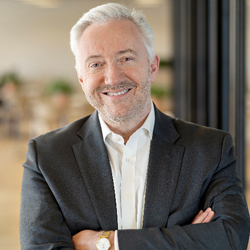
However, a successful career might ultimately begin with attitude, suggests Paul Evans, PhD, president and CEO at Velocity Research and the 2020 Chair of the ABoT. “It doesn’t matter what you do, just be passionate about whatever you do,” Evans says. “You are far more likely to be successful and you will enjoy it more.”
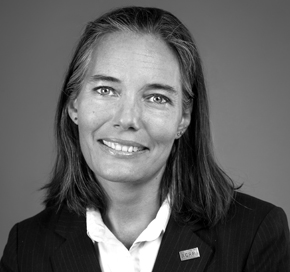
Anne Blanchard, CCRA, a clinical research executive consultant with LATINABA in Latin America and ABoT member, offers up a simple, yet powerful idea: “Always remember that research subjects could one day well be your family or yourself, and without volunteers and patient/volunteers, clinical research would not be possible.”
Here are some of the other best ideas shared by the group:
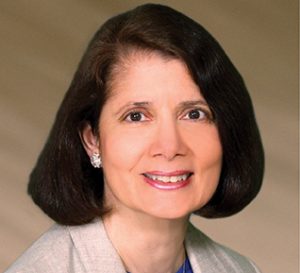
Janet Ellen Holwell, CCRC, CCRA, TIACR, FACRP, a clinical research consultant/trainer: Say “YES!” Yes to every opportunity afforded you. The more experience gained, the more useful it will be in your future. There are many opportunities while working for a smaller company where one can wear many hats, but even in larger organizations there are opportunities if you seek them. Volunteer to cover for others or apply for a secondment if offered.
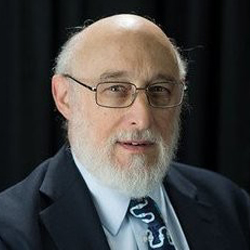
Michael R. Hamrell, PhD, RAC, FRAPS, CCRA, RQAP-GCP, FACRP, president of MORIAH Consultants: Stay current with technology, both hardware and software. There will continue to be new developments in technology, and these will inevitably end up being utilized and incorporated into clinical research.
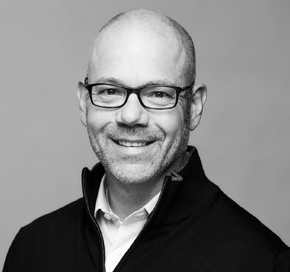
Sergio Armani, vice president for business development, North America, with Advarra and ABoT member: Coming into the clinical research space as a “second career” after 22 years in financial services, I needed to keep an open mind, raise my hand to volunteer for as many assignments as I could handle and be willing to learn as much as I can. This has allowed me to learn about clinical operations, regulatory and clinical research technology, and how they all come together to ensure that clinical trials run as efficiently as possible. Most of all though, I have searched out organizations whose mission and vision matched my own set of values, and this has helped me to work with and for some great people that will always be in my network.

Shay Brill, MT(ASCP), PMP, CCRA, FACRP, a clinical research consultant and former vice president of operations with the Atlantic Research Group: In the recent months, we all faced COVID-19 changes that were unchartered waters for the clinical trial industry. By demonstrating the following, individuals and teams benefited from this type of interaction:
- Handling stressful situations
- Taking charge in helping your team achieve their goals
- Creating environments that allow teams to thrive
I know when I’ve been able to do this, without being asked, I’ve found myself being in a position for new career opportunities.
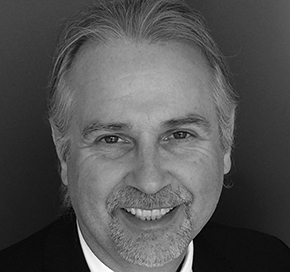
David J. Morin, MD, FACP, CPI, FACRP, director of research with Holston Medical Group Sites and ABoT Treasurer for 2020: It’s great to have role models and mentors. I was fortunate to have both while in med school and residency, which started me on a career path in clinical research. I suggest that those who are interested in being a principal investigator (PI):
- Start out as a sub-investigator to gain experience. Find a good mentor.
- Remain scientifically curious and motivated to learn about the process.
- Have realistic expectations of your responsibilities as a PI.
- Find the time to fulfill your obligations to the research process.
- Surround yourself with well-trained and knowledgeable research staff.
- Stay involved with the research community, such as through ACRP and working toward certification.
- Understand that you are doing something noble. The medical impact of a new therapy may improve the lives of many thousands.
- Teach others and remain a positive role model.
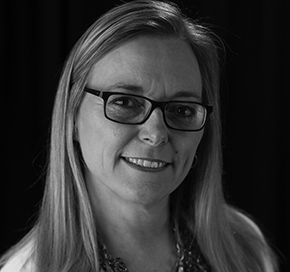
Kelly Cairns, MA, BASc, APMR, CCRA, FACRP, leader of clinical operations and business support with Boehringer Ingelheim (Canada) Ltd./Ltée and member of the Academy Board: Someone once told me that one of the key abilities of a good, effective leader is the ability to develop their staff in order to best prepare the organization for the future. Throughout my career, my success as a leader can be measured by the success of my team. Over the years my team members have been able to grow and develop and succeed in new roles, and I have played a key role in facilitating this. In addition, whether you are preparing for a new role within your department, your organization, or within another organization, always be open to new learning and ideas as this will take you far!
Anne Blanchard adds these thoughts: It is ok to slow down and rethink process and procedures to make improvements on the go as you implement studies or organize teams. Audits and inspections (and even monitoring) are a great opportunity to test collaborations and joint work. Make sure you grow from those experiences.
Keep your eyes and ears open for continuous improvement—it is an attitude and a duty in an ever-changing environment to make the best of work and the best of all professionals working with you in the projects.
I have learned to build trust in my team, my clinical sites, and my coordinators and fellow clinical research professionals around me by learning, by teaching, by listening, and by being there for them to go through studies together one step at a time. This is probably my biggest success in my career and my asset for life.
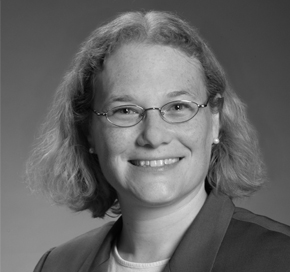
Elisa Cascade, MBA, executive vice president and product line executive, eCOA, at ERT and ABoT member: When an opportunity to work on a special assignment arises, take it. In addition to expanding your skill set you will gain visibility to a broader network of people, which in turn may open the door to new career options.
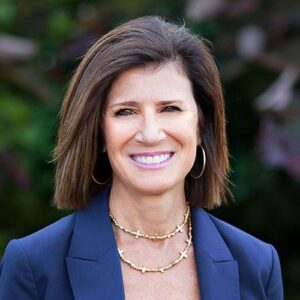
Jennifer Byrne, CEO of Javara Inc. and ABoT member: Do not, under any circumstances, say “Yes” when you actually mean “No.” Find your North Star and stick to it; don’t lose that focus in terms of your own career journey. Pay attention to those smart people around you who are generously offering mentorship. The best mentors don’t show up to pat you on the back, but rather they will push you to your own boundaries of discomfort and growth. Pay it forward; one good deed gifted to you requires you to pay it forward.
Wake up every day that you have the privilege to contribute to public health through your clinical research career, grateful and mindful of that responsibility that you have ultimately to the patient (that patient/person might one day be a family member, friend, or you).
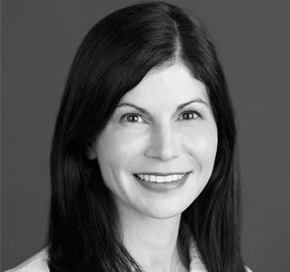
Virginia Nido, global head, product development industry collaborations, diversity and inclusion sponsor, South San Francisco PD site head, Genentech, a member of the Roche Group, and an ABoT member: The best career advice I’ve ever received is “Have six months’ worth of emergency cash.” The reason this is important is that no job is sacred or permanent and guess what, your company doesn’t love you. You have to look out for yourself. Don’t put yourself in a position that you are so cash-strapped that if you get laid off, you have to take the next thing that’s available. Give yourself the monetary cushion so that you can take your time, think about what you want to do next, and activate your network to help you find your next role.
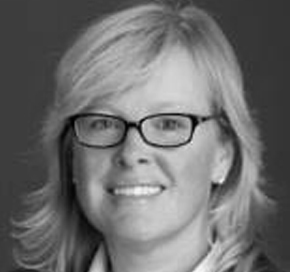
Deb Driscoll, vice president quality assurance, Merck Research Labs and ABoT member: From my experience, there is not one standard approach to succeeding in the clinical research field. In fact, many of us got to where we are today by pursuing unconventional or unexpected opportunities. Be open to career advice and to seizing opportunities, moving outside your comfort zone, and forging your own path.
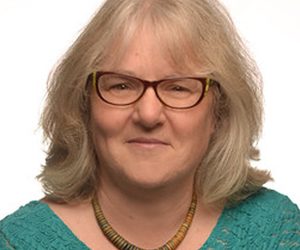
Joy Frestedt, PhD, CPI, RAC, FRAPS, FACRP, president and CEO of Frestedt Inc.: Become an expert on “selling” the work you have already done and the work you wish to do in the future (e.g., do not under emphasize what you know)—be able to speak about it plainly and clearly, but do not oversell how little you know. People appreciate clear and honest truth.
Learn about the “work” you wish to do (e.g., talk to lots of people, do volunteer projects)—step up and ask for opportunities to help others, but do no overcommit and under deliver. People remember those who over deliver on promises.
Study your craft (e.g., take classes, attend workshops)—talk to instructors and classmates about the contents of the class, but do not waste time for busy people. People congregate with those who ask insightful questions and have an obvious interest in the subject matter.
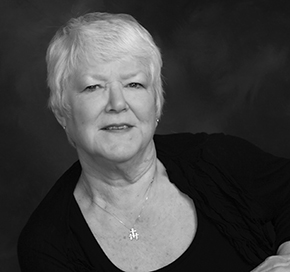
Barbara Schliebe, MS, CCRA, CCRC, FACRP, Chair of the Academy Board: Regardless of where you are in your career, it has to be fun! If it is not fun, then move onto something that is fun, and you will be more dedicated to the position and be a better contributor.
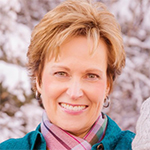
Jeri Burr, RN-BC, MS, CCRC, FACRP, executive director of the Utah Trial Innovation Center: Over the years I’ve learned not to sweat the small stuff, because ours is an industry that can be quite complex with many moving parts. I have a plaque in my office that says, “In a world where you can be anything, be kind.” This core value helps in building relationships and investing in making things better. It must be safe for everyone to offer their ideas. Creating the kind of culture everyone on the team wants to be in lends to a more productive workforce.
**ACRP**



